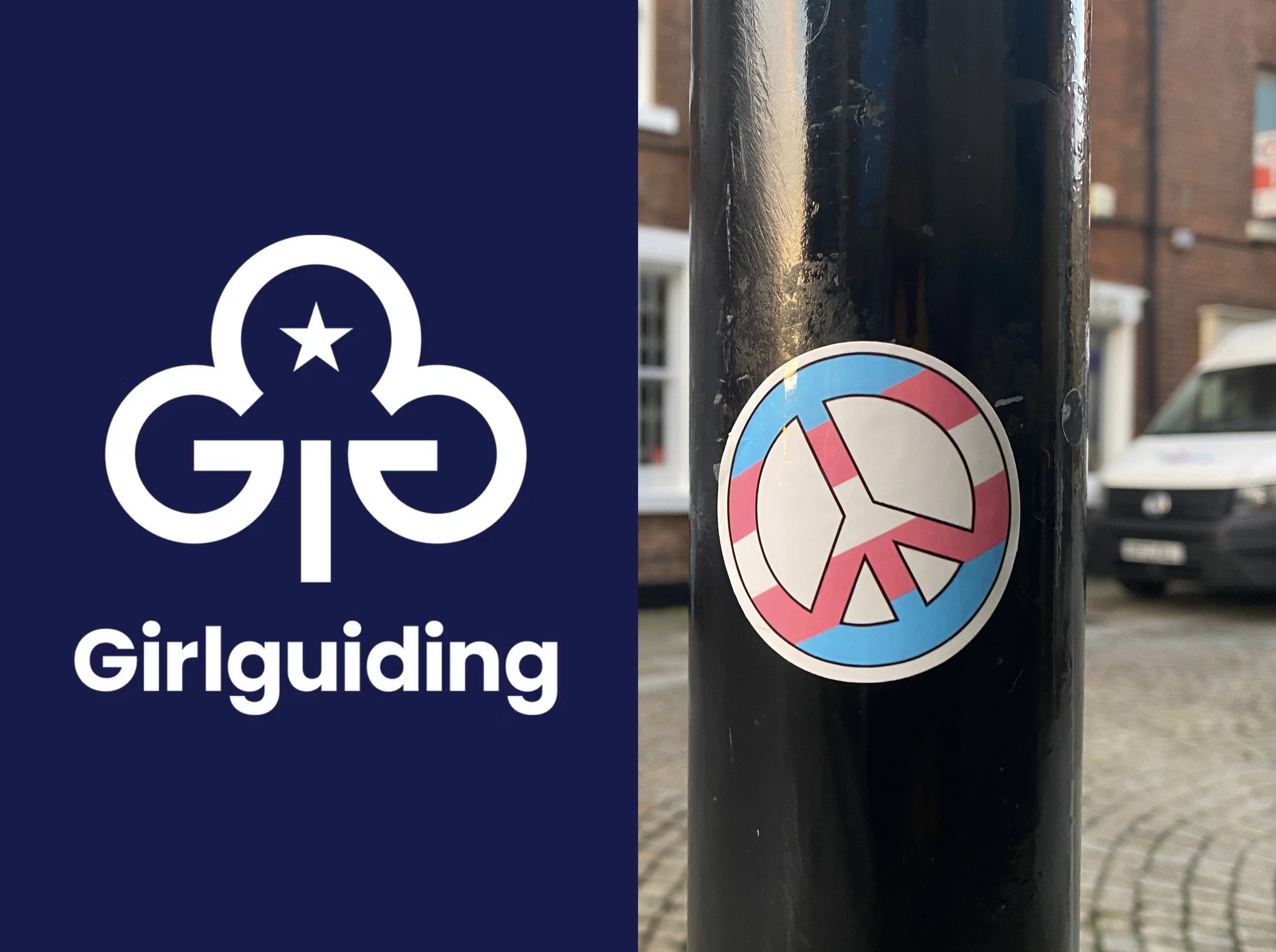Despite strides being made in some aspects of deaf sport, Great Britain’s funding for the Deaflympics continues to lag behind according to one campaigning competitor.
While other countries fund their athletes to attend key events, as they would for any elite level sports team, the United Kingdom does not.
Nathan Young is a 25-year-old swimmer and coach from the Wirral, Merseyside, who has represented Great Britain in the Deaflympics for a number of years.
He is running a campaign on X/Twitter (@NYDeafSwimmer) in which he has posted for the last 1,069 days to get the attention of the UK government and get policy changed.
He has gained the attention of some MPs with Nigel Huddleston, MP for Mid Worcestershire, congratulating him on his sporting achievements.
Over the years, Nathan has had to raise around £20,000 just to enable himself to represent his country. He says: “I’ve never had support, everything I’ve had I have had to fight, beg and spend many hours campaigning for.”
Due to the lack of acknowledgement from government bodies, Nathan says: “I do not see myself as an athlete and I think that is very sad but this is my reality.”
He describes an intense frustration, seeing swimmers from other countries with a team of support behind them.
“If I take a coach I have to find one and pay for them, not to mention paying for everything else like travel and food.”
According to the swimmer, the ultimate goal for his campaign is to achieve funding, acknowledgement and respect.
“Right now I am isolated and hidden so I am continuing my campaign every day until policy is changed and accountability is taken.”
Nathan says that being profoundly deaf he struggled to play team sports. Though he enjoyed football, he couldn’t hear instructions or his team mates which caused animosity from other members.
“I desperately wanted to fit in and have friends, I could swim and my mum asked if I could join the local swimming club and that’s how it all started,” he recalls.
But deaf swimming is very different from mainstream swimming. Nathan says that in training he is reliant on the coach facing him, otherwise he is oblivious to the instructions being given. If a coach is not aware of this they can quickly become frustrated, thinking that he is purposely ignoring direction.
As his career expanded, he had to move to new clubs to get the training he needed. This was a difficult process, as he had to find patient coaches that made an effort to facilitate his lip reading. He describes one coach he had who used to throw floats at his head to get his attention, which humiliated him greatly.
“My most recent coach is the best I’ve had, but he still struggles to give me the attention and time I need sometimes.”
Nathan also struggles in competitions, relying on other competitors to know when to get on the block, and take his marks. He says: “Having to do this, it’s embarrassing, just mentally very difficult for me to do.”



